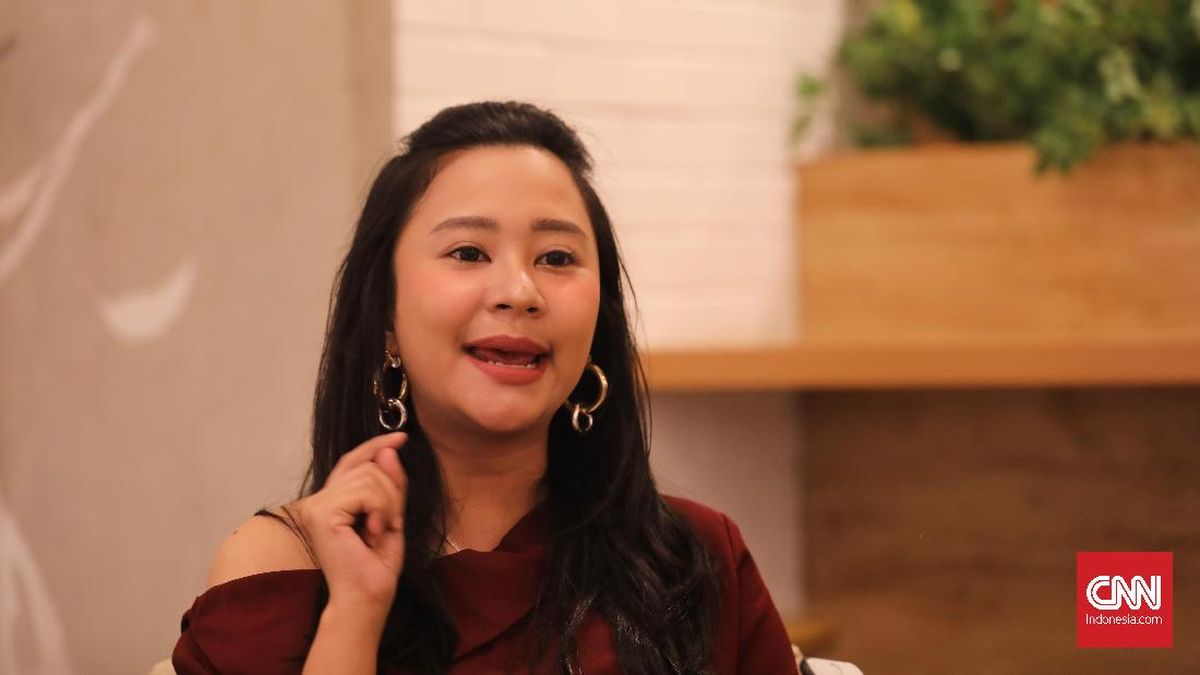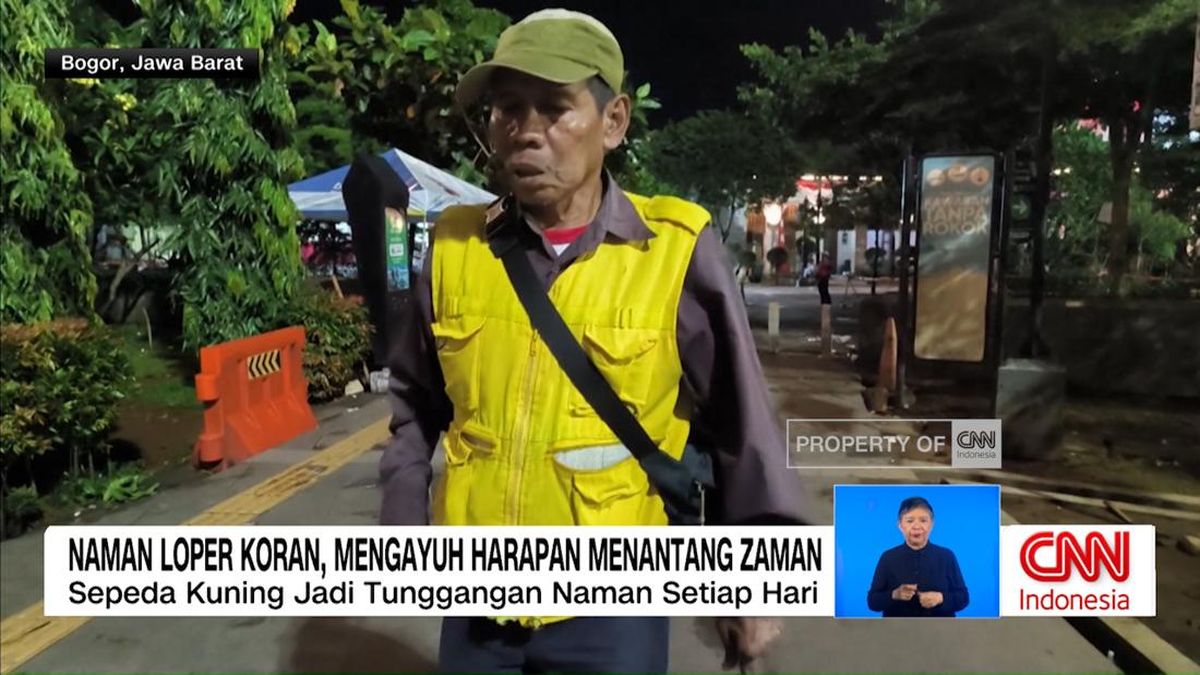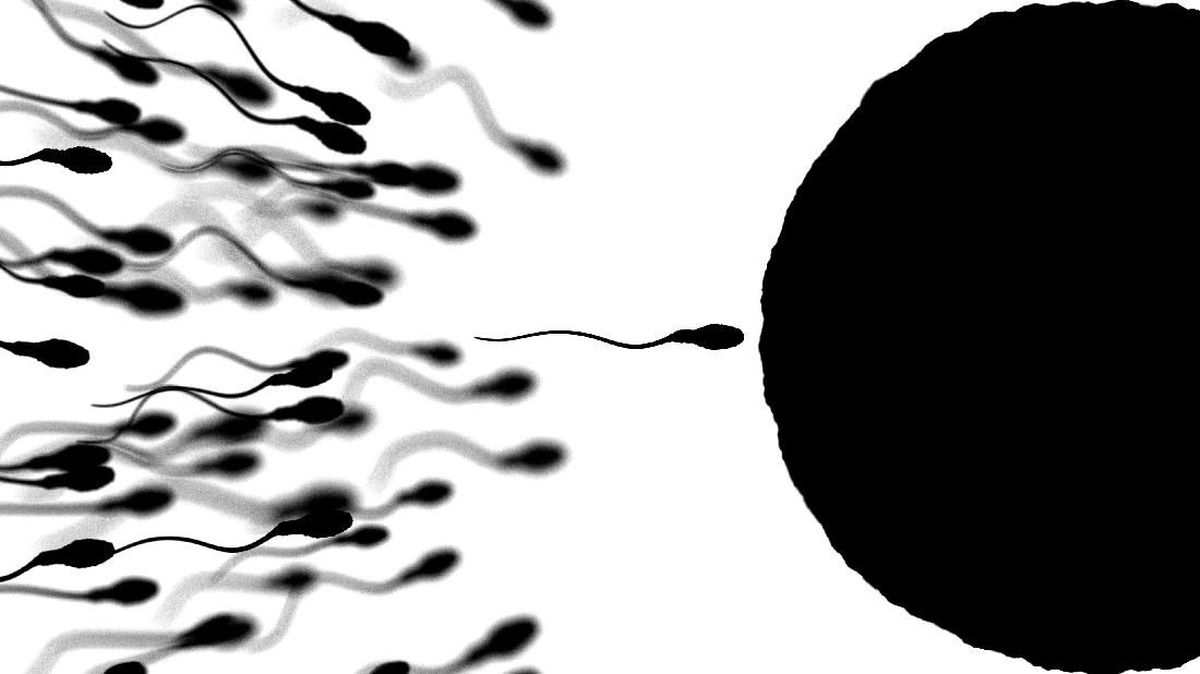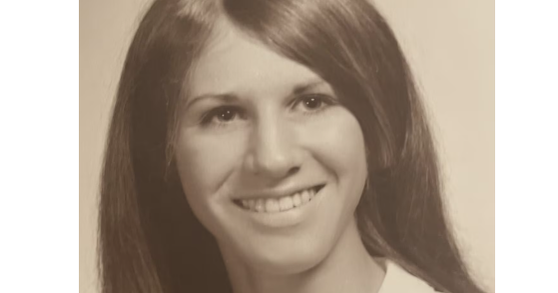It’s the $12 million estate at the centre of a legal tussle. A Sydney man died in 2020 and was survived by his four children from his 58-year marriage.
But, in a twist this year, a woman emerged who says she is also his biological child. Her birth certificate pre-dates the man’s marriage, the NSW Supreme Court has heard.

A woman, who claims to be the daughter of a Sydney man who died in 2020, is seeking a share of his multimillion-dollar estate in the NSW Supreme Court.Credit: Marija Ercegovac
She filed proceedings this year against the administrator of the estate, seeking a share of his millions. Both parties attended a mediation in July in a bid to resolve the dispute out of court.
They reached a settlement, but it was subject to the consent of the man’s beneficiaries. His three daughters from his marriage supported the settlement, but the couple’s only son did not.
Justice Hayley Bennett said in a preliminary decision in September that the son “will have the further opportunity to be heard on the issue before the court makes any order”.
The woman in this case is seeking a family provision order, which is a way for current or former dependants of a deceased, among others, to seek a larger slice of the inheritance pie if inadequate provision was made for them in a will.
The categories of people who are eligible to seek a family provision order are relatively narrow, such as a current or former spouse, de facto partners and children. Eligibility is just the first hurdle: the court must be satisfied adequate provision hasn’t been made for them on a needs basis.
The court’s role in settlements
Mary-Ann de Mestre, principal of Sydney law firm M de Mestre Lawyers, is a lecturer in succession law at Macquarie University.
She said that in some family provision cases, a person may need to prove they are related to the deceased to establish their eligibility for an order. The NSW Supreme Court has the power to order DNA testing if required, de Mestre said, but there was no suggestion that was required in this case.
Loading
A person seeking a family provision order files their claim against the executor or administrator of the estate, rather than all the deceased’s beneficiaries.
“Often mediation is required or ordered prior to a final hearing,” de Mestre said.
The claimant and the executor or administrator can negotiate a settlement of the court case without the beneficiaries, and may then ask the court “to make a consent order in those terms”.
The NSW Succession Act allows the court “to make a family provision order in terms of a written agreement … submitted by the affected parties”.
But de Mestre said this “doesn’t guarantee it will be approved by the court”.
When a beneficiary does not agree
The court may need to consider the effect of the settlement on any beneficiaries who do not agree with it.
“Not all beneficiaries under the will are necessarily parties to the family provision proceedings,” de Mestre said.
“So, not all beneficiaries’ consent is legally required in order to have a consent order approved. But that doesn’t mean the court will rubber-stamp a consent order that adversely affects beneficiaries who are not parties or who oppose the settlement. The court retains a supervisory role to ensure fairness.”
She said that the court may “refuse to approve a consent order if doing so would unfairly prejudice those non-consenting beneficiaries”.
“The court has discretion. It may require that those potentially adversely affected be notified, given an opportunity to be heard, and that the settlement be fair and reasonable in all the circumstances.”
Rights to be heard
Non-consenting beneficiaries “have rights to be heard [or] to challenge proposals” if they are affected by them, de Mestre said.
If no settlement is reached or approved, de Mestre said that “the matter proceeds to hearing, where all parties, including any required beneficiaries, have a chance to present evidence”.
In a 2018 case, the Supreme Court did not approve a settlement that would have resulted in four step-grandchildren of the deceased having their inheritance “substantially reduced” to increase the share of two stepchildren with disabilities.
Later that year, the court approved a settlement that was not supported by two of five sisters. The settlement increased the share of the estate given to the deceased’s de facto partner by paying her a sum immediately, and divided the remainder equally between the sisters.
The number of family provision cases filed in the NSW Supreme Court has increased over the past 20 years, from 655 in 2005 to 996 last year.
“It is quite plausible and likely that family provision claims by blended families or step-children are increasing in frequency relatively, given social changes [such as] more divorces, more re-marriages, more complex family structures,” de Mestre said.
“However, the observed increase is not yet clearly documented with hard data.”
Start the day with a summary of the day’s most important and interesting stories, analysis and insights. Sign up for our Morning Edition newsletter.
Most Viewed in National
Loading


















































